Mick Lynch: the veteran trade unionist leading rail walkouts
The RMT has reportedly balloted for strike action 200 times under Lynch’s leadership
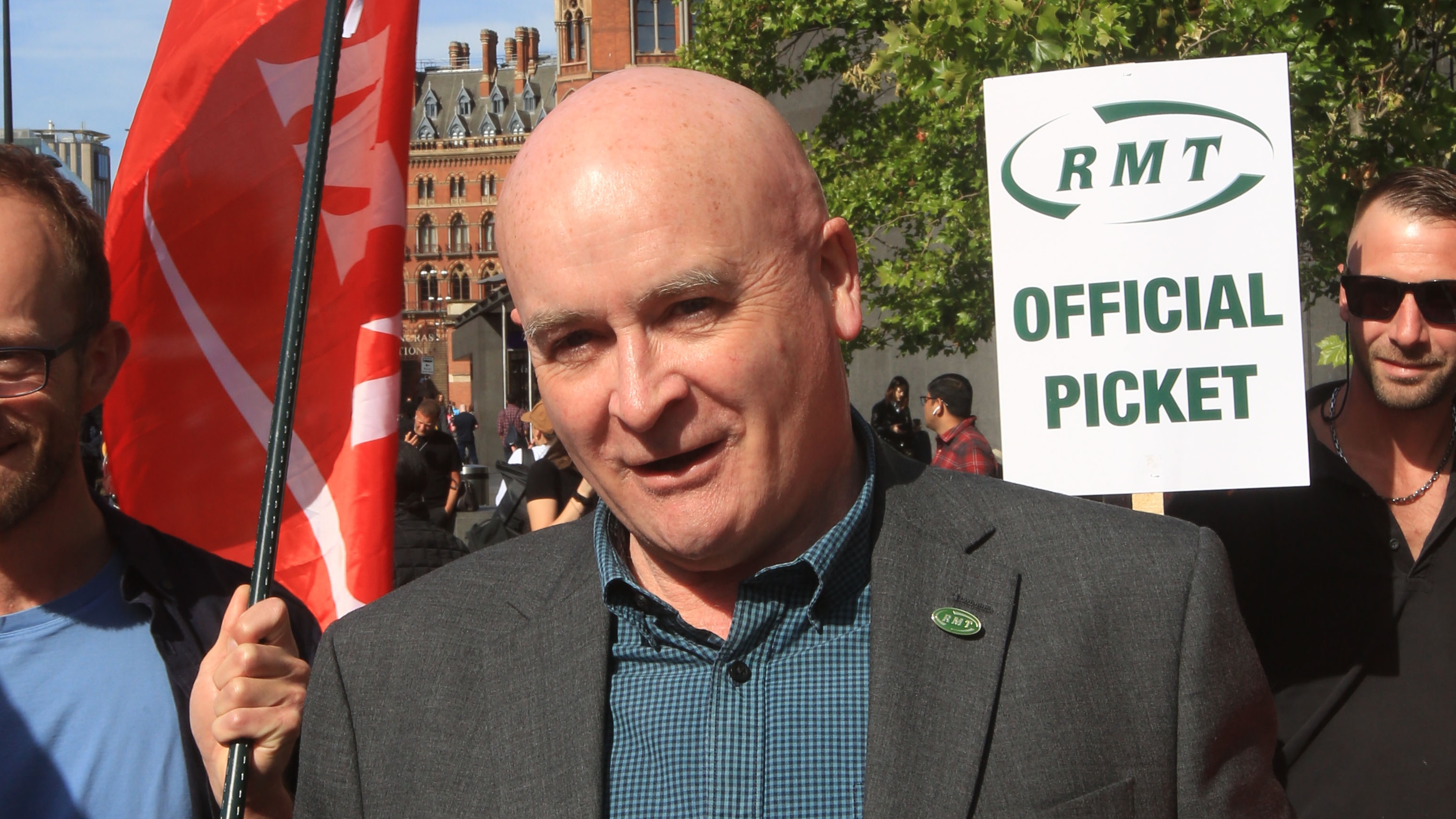
A free daily email with the biggest news stories of the day – and the best features from TheWeek.com
You are now subscribed
Your newsletter sign-up was successful
The largest rail and Tube strike in nearly 30 years is underway as union boss Mick Lynch leads tens of thousands of rail workers in a walkout at Network Rail and other train operators in a dispute over pay and working conditions.
The general secretary of the Rail, Maritime and Transport union (RMT) represents more than 50,000 members striking today and over two more days this week.
Rail workers are being “robbed of wages” and Network Rail is offering “nowhere near” the pay demanded by staff as inflation hits its highest levels in four decades, Lynch has said.
The Week
Escape your echo chamber. Get the facts behind the news, plus analysis from multiple perspectives.

Sign up for The Week's Free Newsletters
From our morning news briefing to a weekly Good News Newsletter, get the best of The Week delivered directly to your inbox.
From our morning news briefing to a weekly Good News Newsletter, get the best of The Week delivered directly to your inbox.
But, according to The Times, industry figures “say it is Lynch and his colleagues’ unwillingness to give up generous working practices dating back to the 1950s” that has led to the breakdown in talks between the two sides, leading to widespread industrial action on the railways.
Electrician to ‘veteran trade unionist’
The “veteran trade unionist” took over the “militant” RMT union last year, just months after taking sick leave from his role as assistant general secretary, citing an “intolerable, toxic atmosphere” among the union leadership, said The Times.
Lynch grew up as one of five siblings to Irish parents on a council estate in Paddington, west London and described his upbringing to The Guardian as being in “rented rooms that would now be called slums, [with] the old tin bath and shared toilet with other families”. He left school at 16 to become an electrician, before moving into construction as the engineering sector “dwindled”, said the paper.
But after becoming involved in a new union, Lynch found himself “blacklisted”. The paper explained that a “conspiracy among major construction companies” meant that workers involved in union activism and strikes were barred from being hired with many then being out of work for years.
A free daily email with the biggest news stories of the day – and the best features from TheWeek.com
“When you tell your friends about a blacklist, they say it’s bollocks. I knew I was blacklisted but you can’t prove it, because it was all secret,” he told the paper.
His search for work took him to the railways and he joined Eurostar in 1993, where he “founded and built up its RMT branch before climbing the rungs within the union”, said The Times.
‘Militant’ leadership
When Lynch became head of the RMT union in May 2021, some in the rail industry were “quietly relieved”. They regarded him as “competent, practical and across the detail” with some even suggesting he is “in RMT terms, a centrist”, said The Guardian.
But the “shaven-headed rail union baron” is proving himself to be “even more militant” than the “infamous firebrand” Bob Crow, who led the RMT until his death in 2014, claimed the Daily Mail. While “Crow and his apparatchiks in the RMT” staged “more than 100 strike ballots”, under the leadership of Lynch “the RMT has balloted for strike action on 200 occasions”, the Mail said.
“Even Crow, once described by the Evening Standard as the ‘Most Hated Man in London’ for spearheading guerrilla stoppages on the Tube, didn’t manage to orchestrate a national rail strike”, noted the paper.
‘Old Labour’ politics
Lynch has made known his desire for the railways to be nationalised, telling The Guardian last year that such a move would reduce the need for subsidies.
“The government is subsidising profit. Rolling stock providers are completely unaffected by Covid – they get guaranteed their income,” he said.
Describing his political outlook to The Telegraph last month he called himself “straightforward old Labour”, someone who supports “‘tax and spend’ legislation” and campaigns “in favour of working-class people to redistribute the wealth in the economy.
“I also believe in peace, I don’t want wars. I’m not a communist,” he added.
A self-confessed fan of The Crown, he is nevertheless a staunch republican, but has stopped short of calling for the removal of the monarchy.
“I know our members and working-class people generally respect the Queen. If they want to get on with that, I say get on with it,” he told The Telegraph.
“If someone says what are your beliefs about the monarchy I say I believe in the constitutional republic, I don’t want to cut people’s heads off.”
-
 What are the best investments for beginners?
What are the best investments for beginners?The Explainer Stocks and ETFs and bonds, oh my
-
 What to know before filing your own taxes for the first time
What to know before filing your own taxes for the first timethe explainer Tackle this financial milestone with confidence
-
 The biggest box office flops of the 21st century
The biggest box office flops of the 21st centuryin depth Unnecessary remakes and turgid, expensive CGI-fests highlight this list of these most notorious box-office losers
-
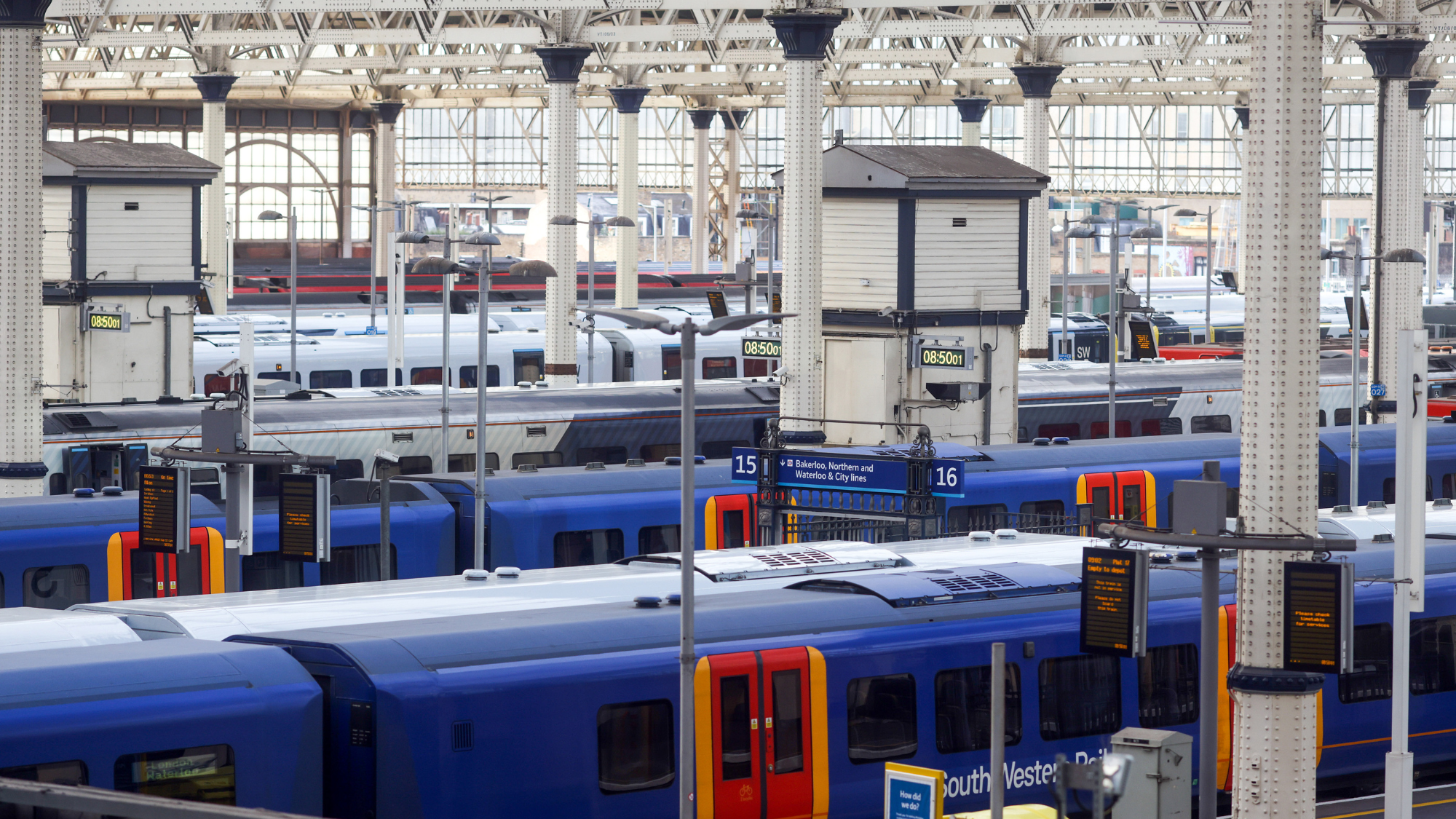 Is it finally all change for train Wi-Fi?
Is it finally all change for train Wi-Fi?In The Spotlight South Western Railway's 5G Wi-Fi service has changed the way passengers connect – but will the new system catch on?
-
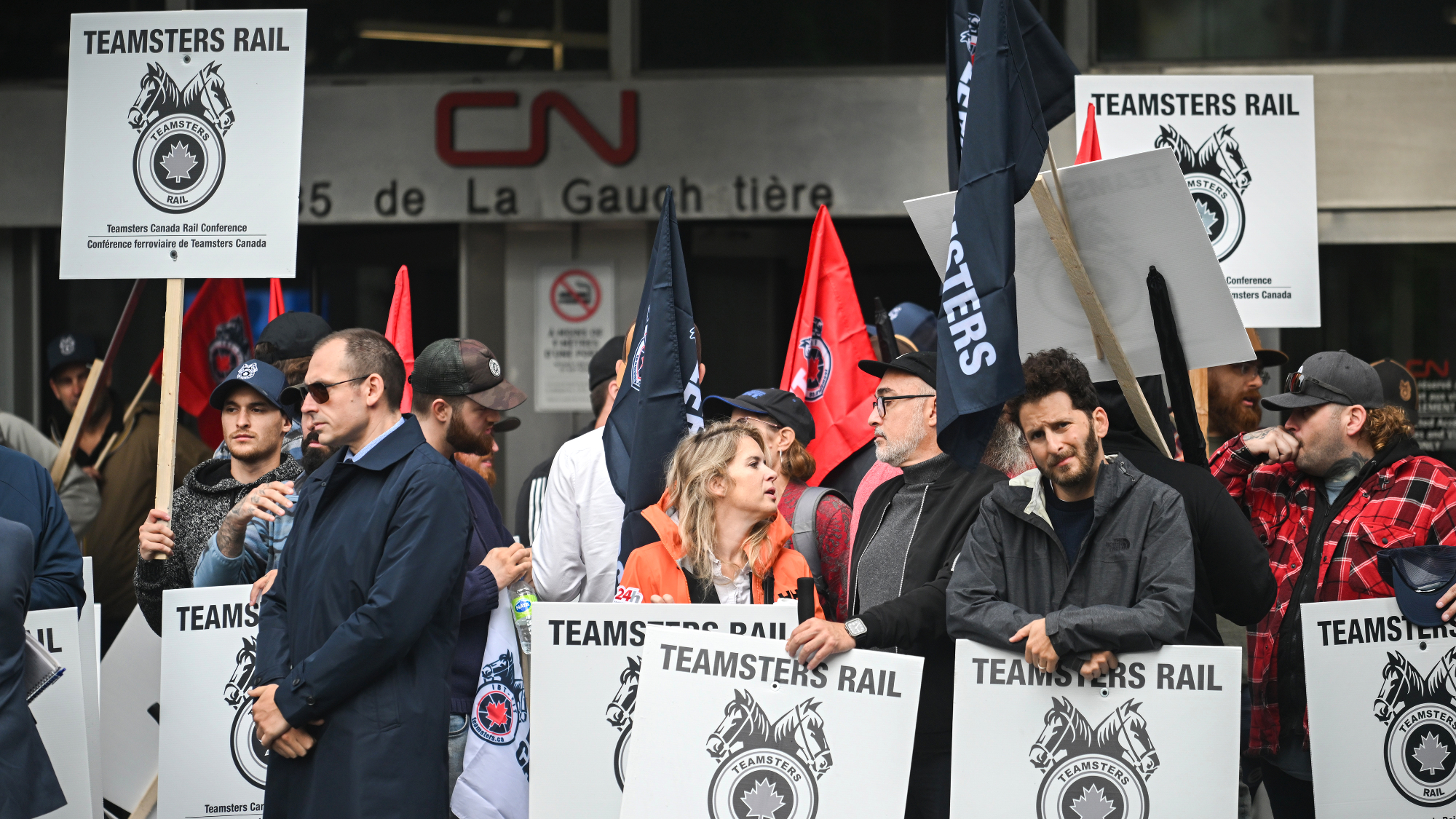 Brief Canada rail lockout ends with arbitration
Brief Canada rail lockout ends with arbitrationSpeed Read A prolonged shutdown could have threatened the country's supply chain
-
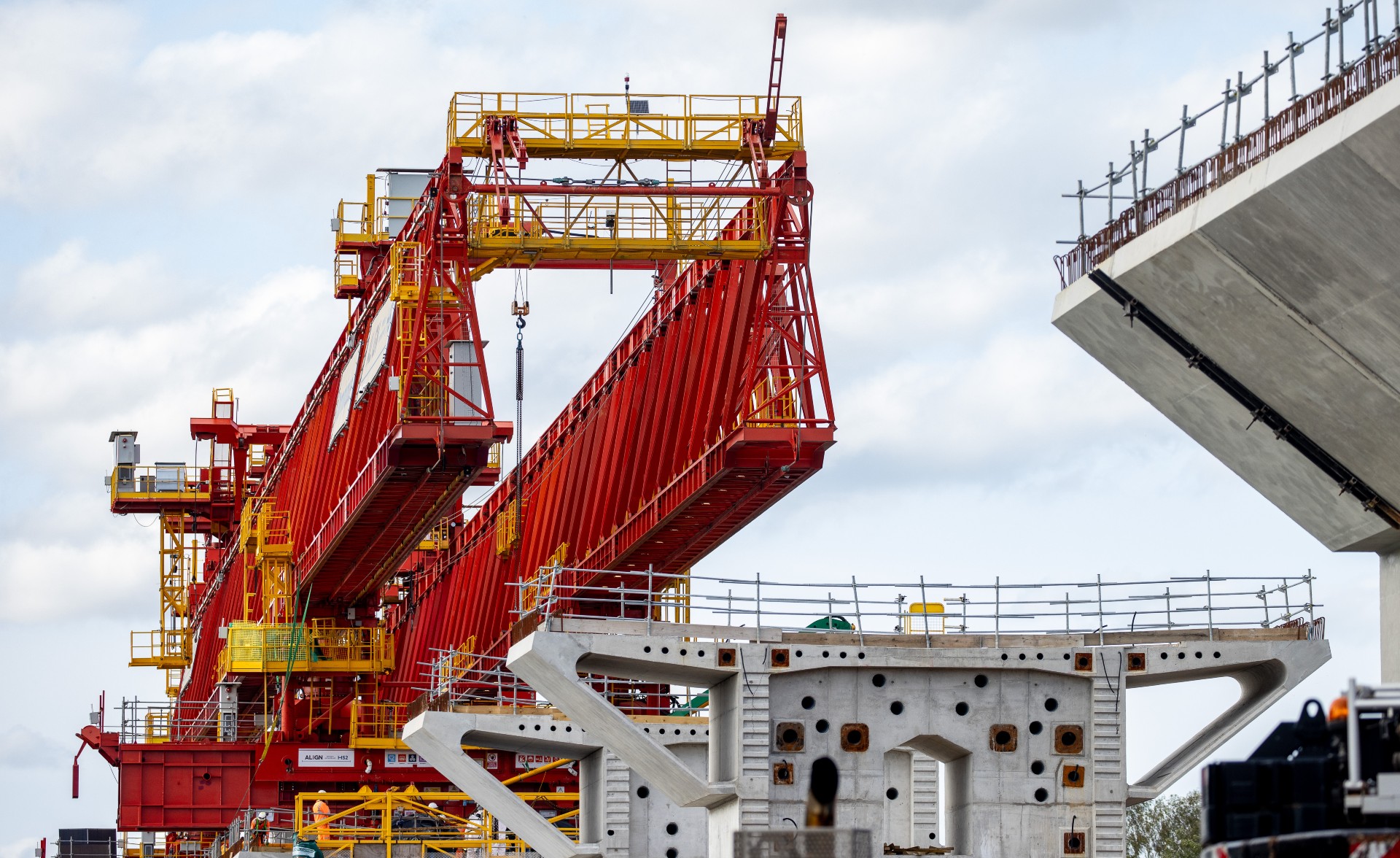 HS2: a runaway train
HS2: a runaway trainTalking Point PM may cut Manchester to Birmingham line of beleaguered rail project due to spiralling costs
-
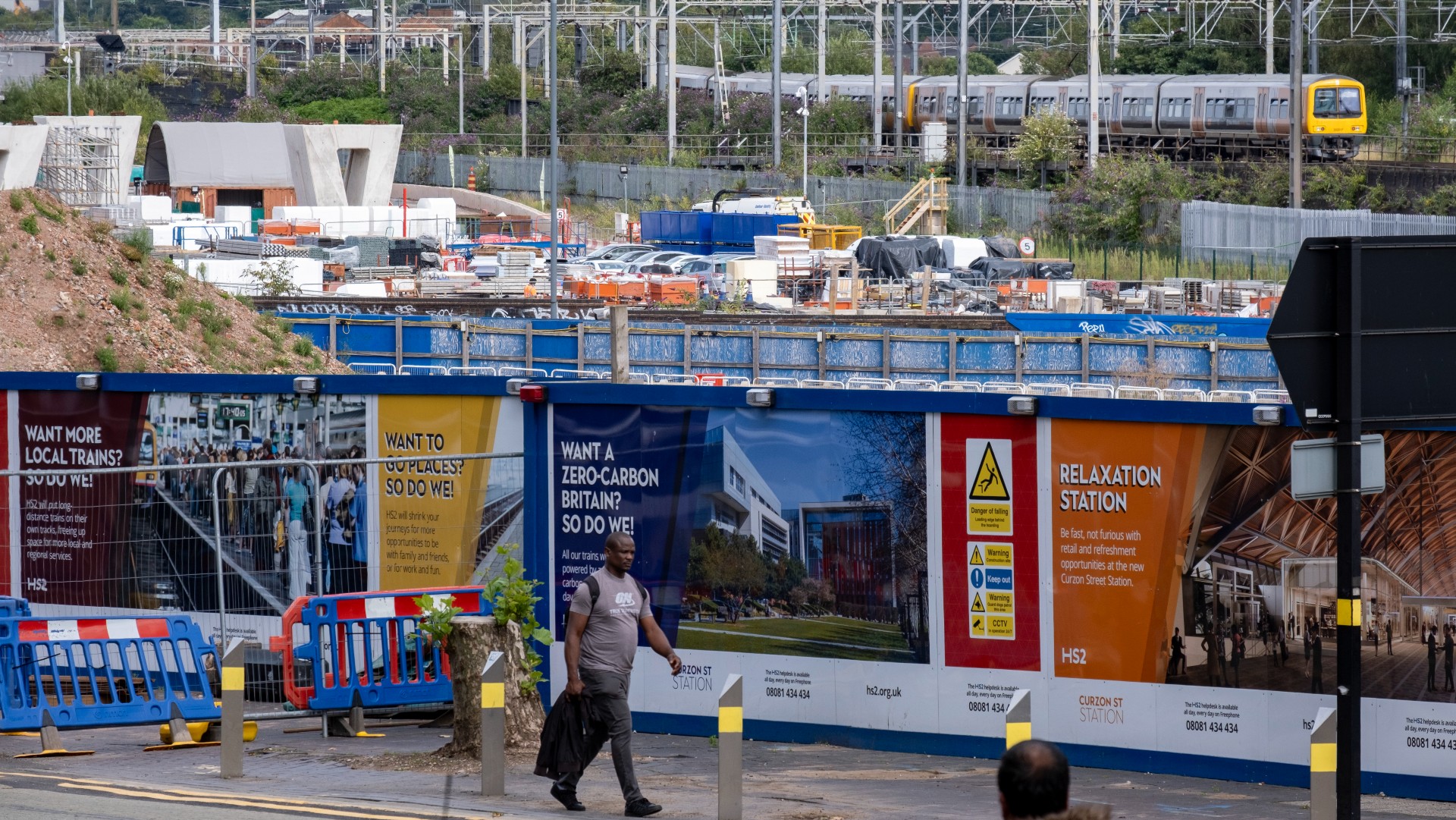 Is Britain’s infrastructure failing?
Is Britain’s infrastructure failing?feature High costs, inflation, policy uncertainty and ‘nimby’ tax have led to ‘dire state’ of UK building projects
-
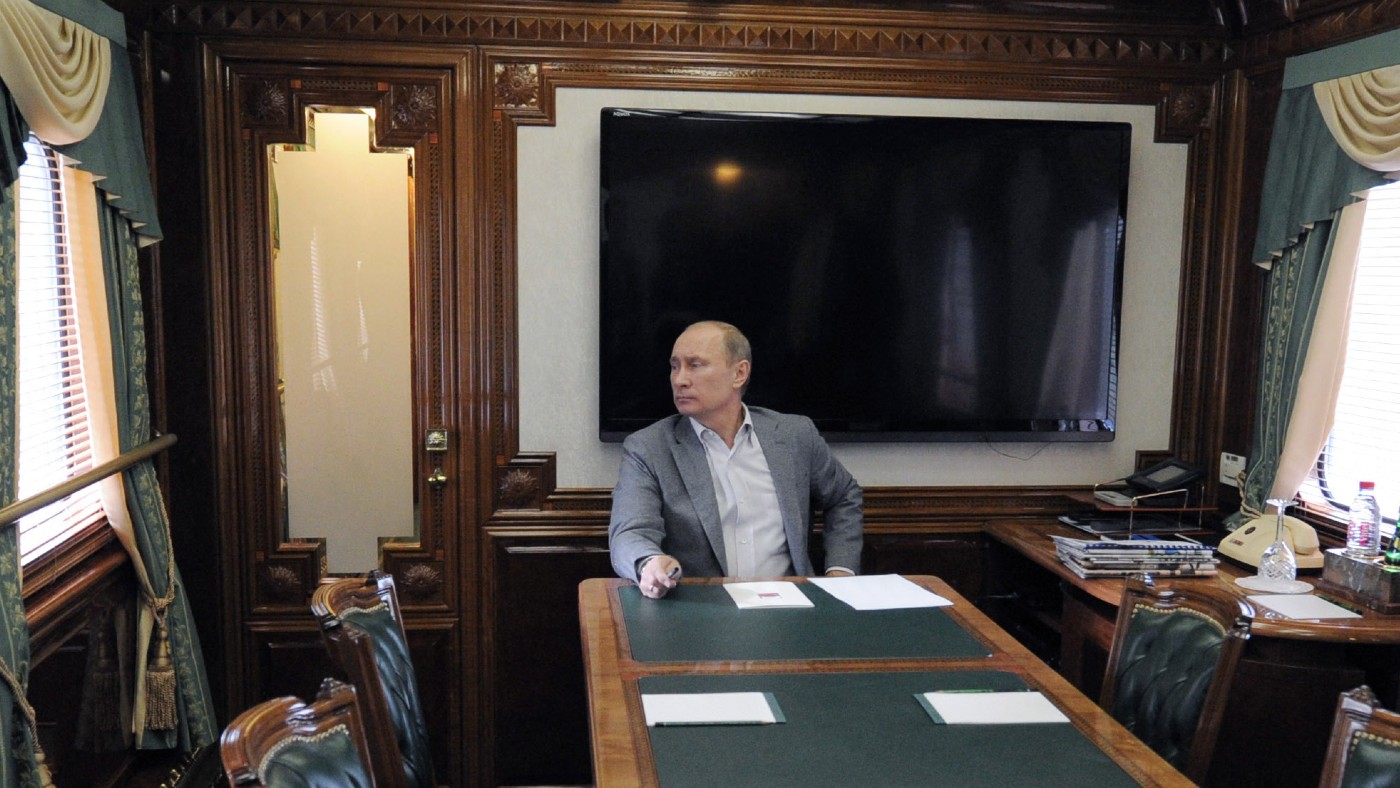 ‘Ghost trains’ and armoured limos: how Vladimir Putin travels in secret luxury
‘Ghost trains’ and armoured limos: how Vladimir Putin travels in secret luxuryUnder the Radar Planes, trains and automobiles make up the Russian president’s fleet of undercover travel options
-
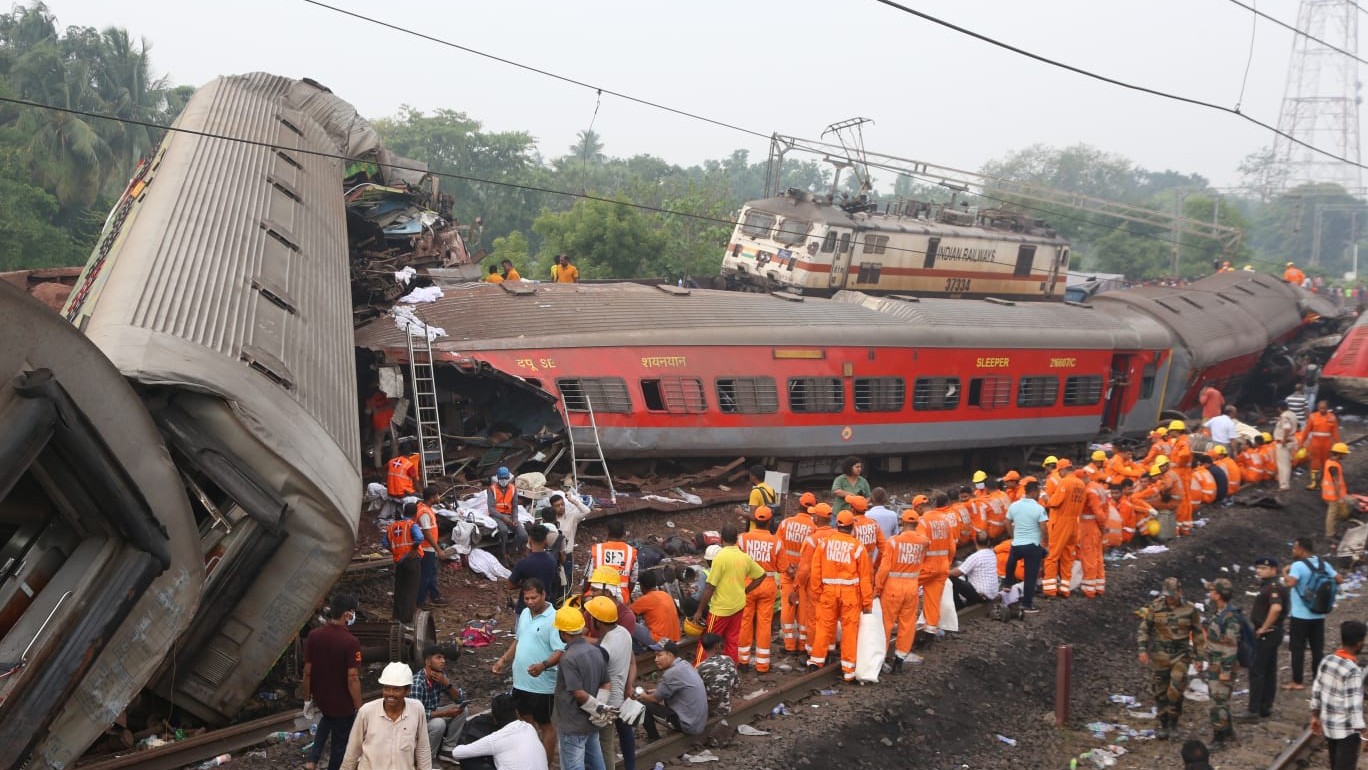 How safe is India’s rail network?
How safe is India’s rail network?feature Narendra Modi’s costly modernisation programme in spotlight after worst train disaster in decades
-
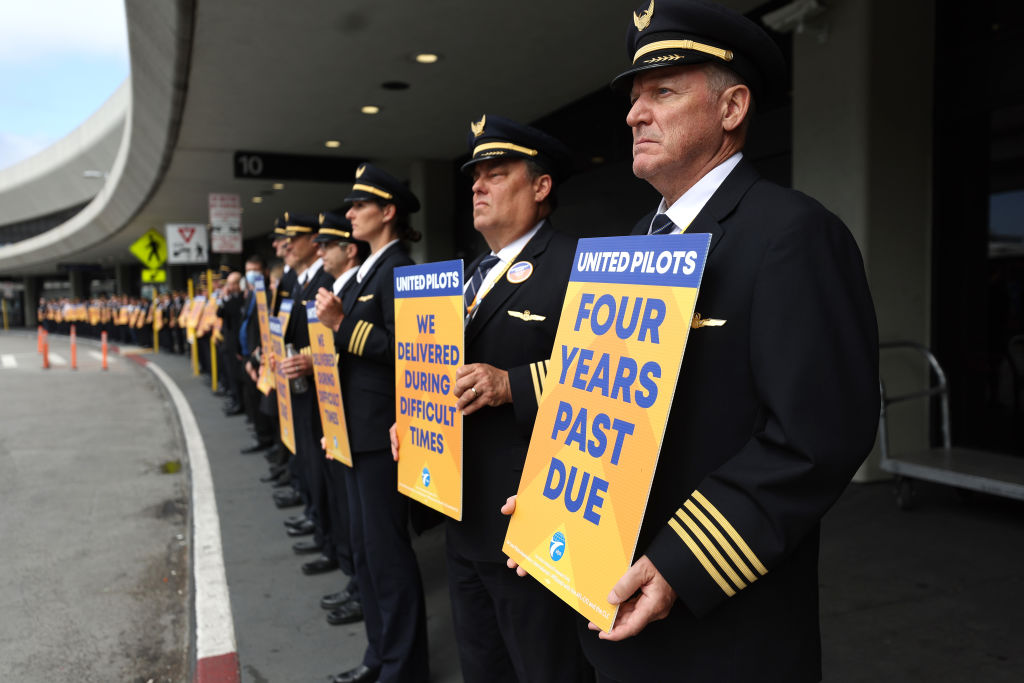 Pilots at United picket for wages as other airlines threaten to strike
Pilots at United picket for wages as other airlines threaten to strikeSpeed Read
-
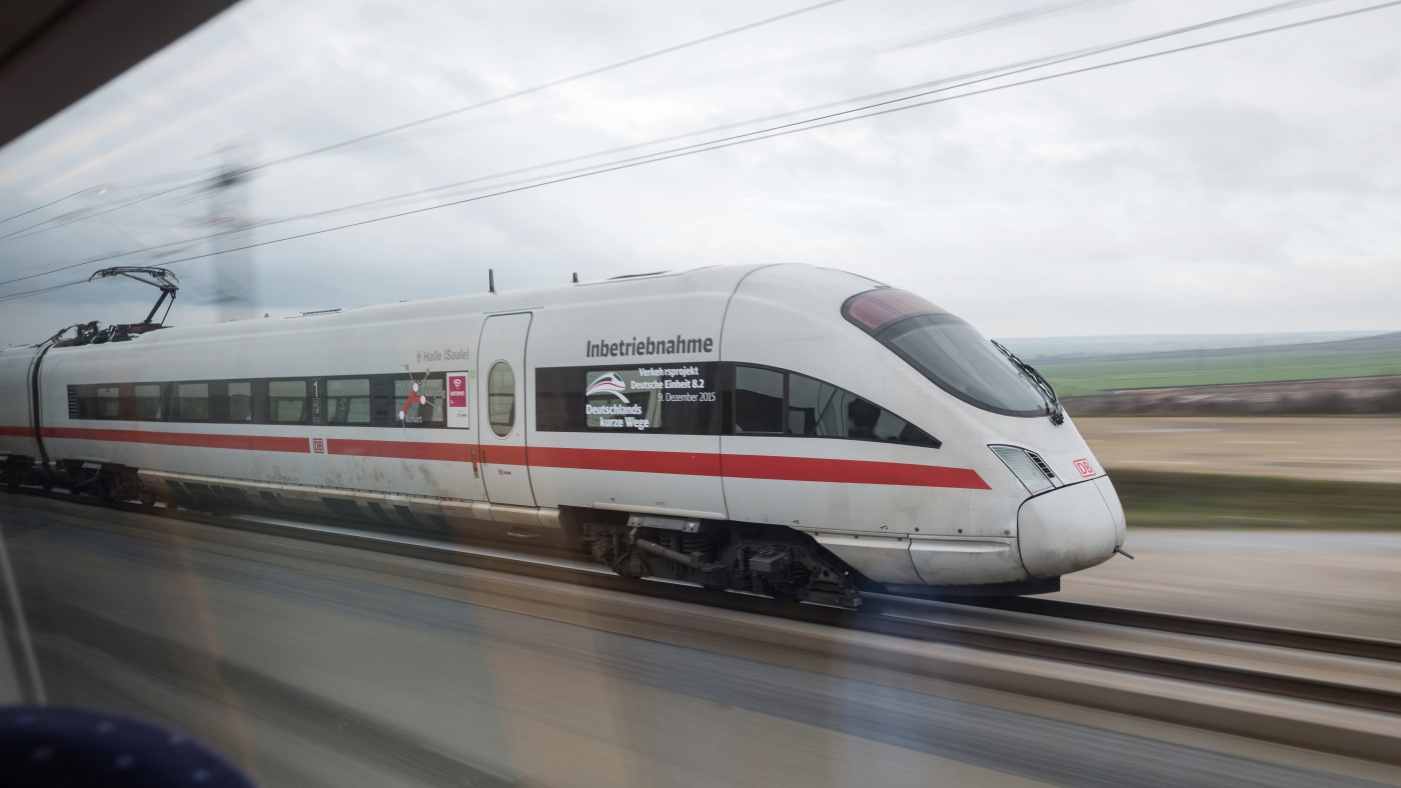 How safe is train travel?
How safe is train travel?feature The Week looks at the safety records of modern railways in Europe, the US and the UK